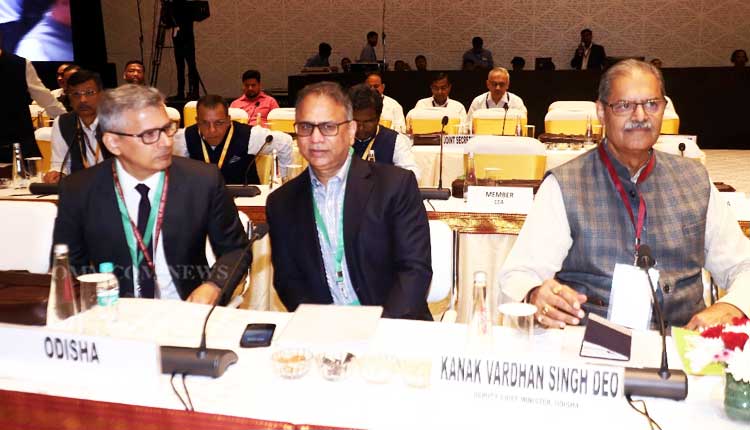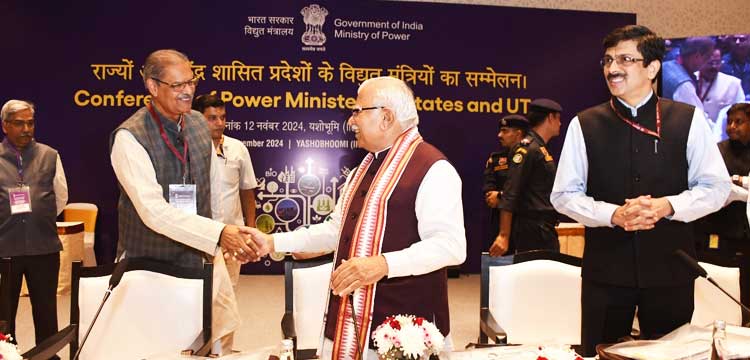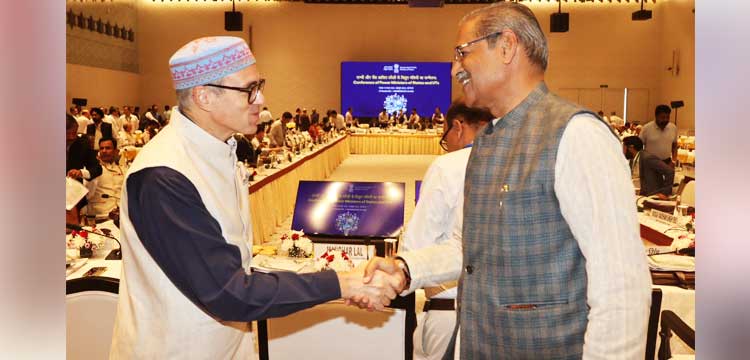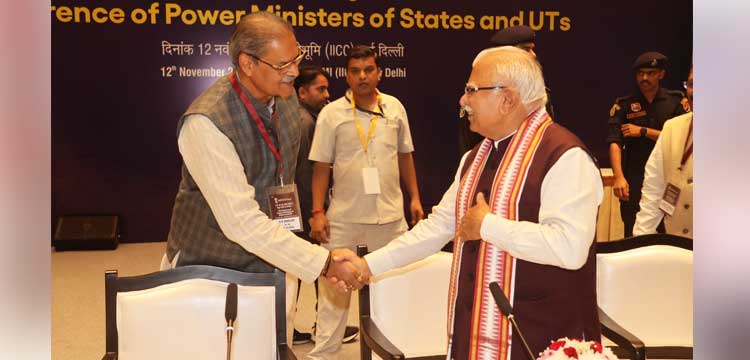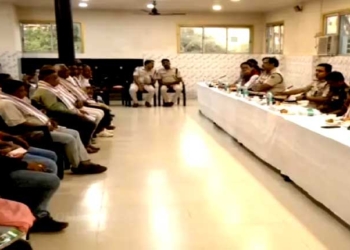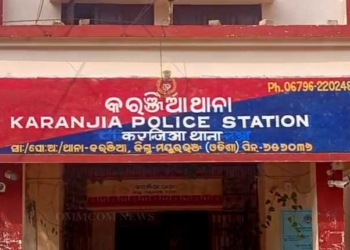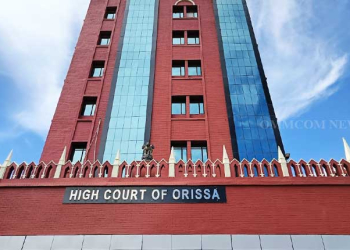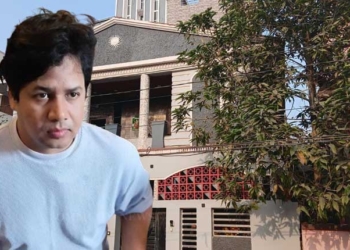Bhubaneswar: Deputy Chief Minister and Minister for Energy and Agriculture & Farmers’ Empowerment of Odisha Kanak Vardhan Singh Deo, attended the Power Minister’s Conference held at Yashobhoomi, New Delhi, where he presented the State’s comprehensive energy transition plan. He was joined by the Principal Secretary of the Energy Department.
In his address, Singh Deo highlighted Odisha’s pioneering role in power sector reforms and its commitment to advancing India’s green energy agenda through modernized infrastructure and innovative approaches.
He noted that Odisha’s success in implementing Public-Private Partnership (PPP) models in power distribution has led to improved operational and financial performance across all four of the state’s Distribution Companies (DISCOMs).
Three of these DISCOMs—TPCODL, TPWODL, and TPNODL—are now ranked among the top 10 in the country, according to ratings by the Ministry of Power, positioning Odisha as a national leader in power sector reform, he added.
Singh Deo also provided an update on the State’s Revamped Distribution Sector Scheme (RDSS) proposal, a Rs 3,069 crore project designed to build disaster-resilient infrastructure, which is currently under review by the Government of India.
Discussing consumer rights and solar power initiatives, the Deputy Chief Minister underscored Odisha’s proactive adoption of the Electricity (Rights of Consumers) Rules, 2020, and its work under the PM-Suryaghar scheme, aimed at making rooftop solar installations more affordable for households. Odisha is considering providing State financial assistance to make the scheme accessible to more citizens.
In terms of power generation capacity, Singh Deo outlined that Odisha currently sources 8,856 MW of power and has set an ambitious target of reaching 15,603 MW by 2030, with over half of this capacity expected to come from renewable sources. As part of this shift, the state aims to develop 10,000 MW of renewable energy capacity by the end of the decade.
Energy storage also remains a priority for Odisha, with plans to build over 10,000 MW of pumped storage plants (PSP). Singh Deo appealed to the Central government to provide financial support for these PSP projects on par with Battery Energy Storage Systems (BESS), which would enhance their financial viability.
Furthermore, Singh Deo urged the Central government to support Odisha’s efforts in developing the Green Energy Corridor Phase III to connect renewable energy projects to the national grid. He also highlighted the need for expedited forest clearances for key transmission projects to ensure a consistent power supply across the state.
With a clear commitment to sustainable energy, Odisha is poised to reduce its reliance on fossil fuels and increase the share of renewables in its energy mix.
The State’s forward-looking approach, combining sectoral reforms, robust infrastructure, and strategic investments, underscores its vital role in India’s transition to a low-carbon future, ensuring affordable, reliable, and clean energy for its citizens.




